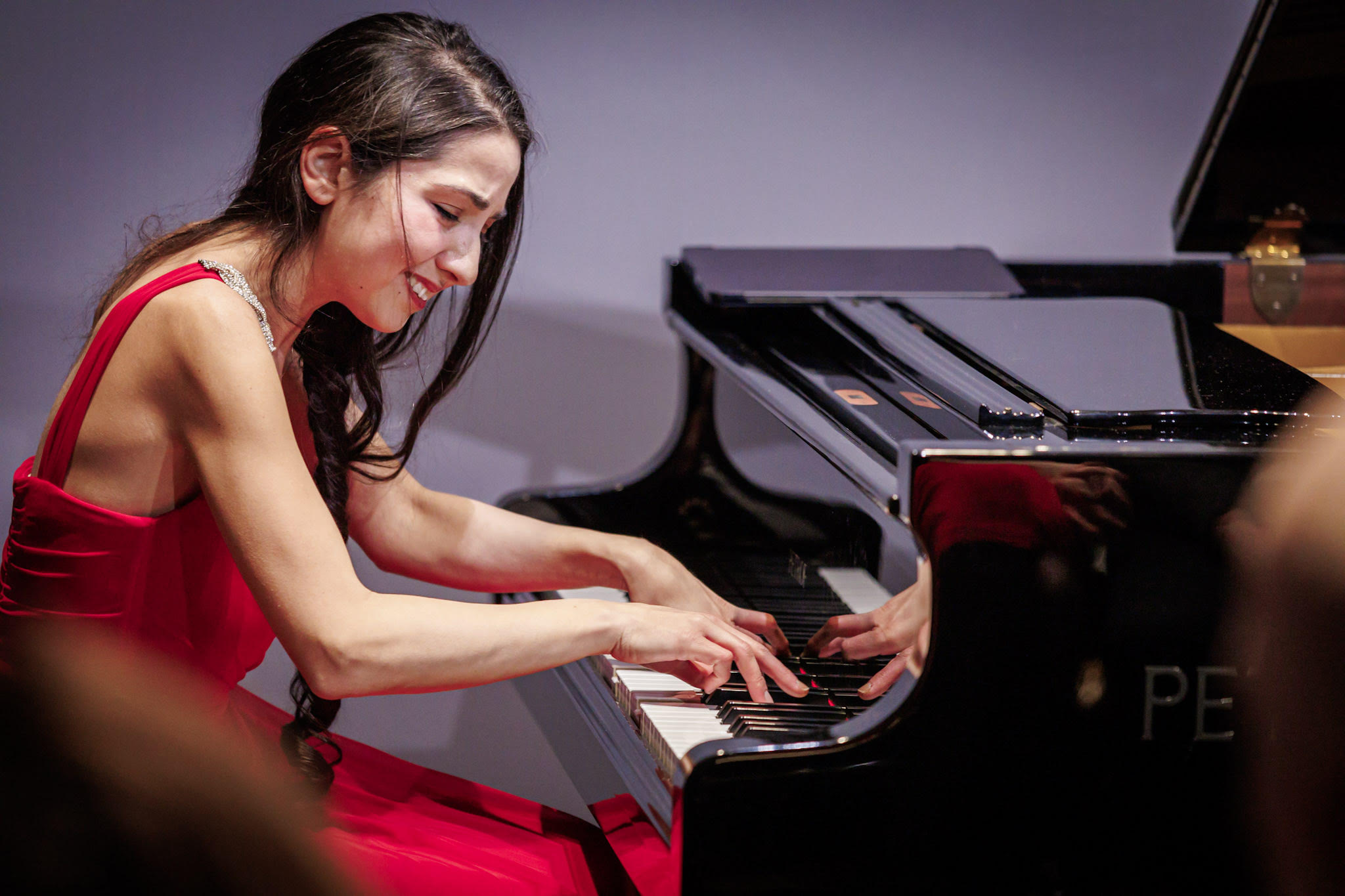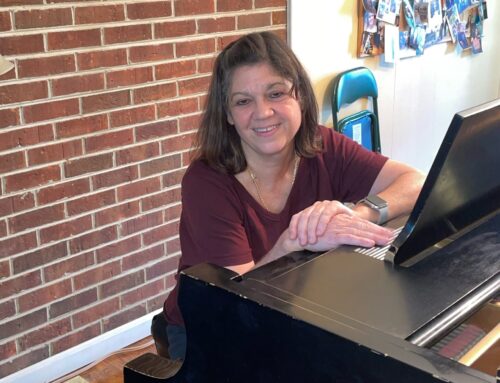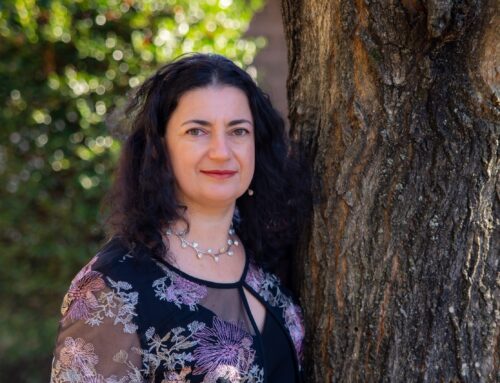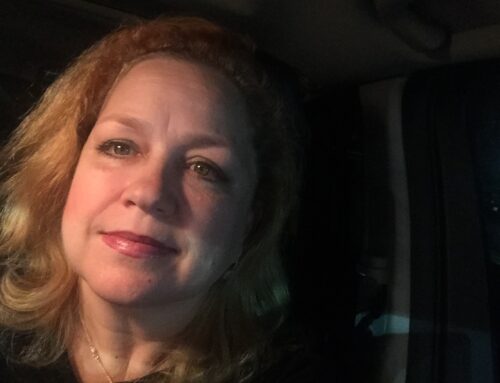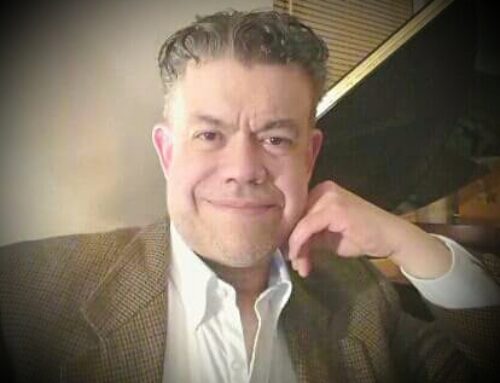Mary-Victoria Voutsas June 2025
Mary-Victoria Voutsas has performed solo at many notable venues, including the Kennedy Center’s Millennium Stage & Terrace Theatre. Ms. Voutsas is also one of the visiting Teaching Artists in Residency for Wolf Trap Center for the Performing Arts. She has also done accompaniment/ensemble work for the National Symphony Orchestra, and collaboratively performed on NPR’s Tiny Desk series. In 2025, she is currently serving as an artist resident for The World Bank exploring improvisational salon style of piano performance in a 10-part concert series.
Awards
Ms. Voutsas holds the 2023 Gold Medal for the Nobel-Artist International Competition, 1st Place in the Max Bruch International Piano Competition, 1st Place in the World Music Competition of Charleston (2023). She won 1st Place in the UK International Music Competition Professional Category (2023) and 2nd Place in the 20th Century Competition of Charleston (2023).
She won the Bronze Medal for the Carles & Sofia: Alicia de Laroccha International Piano Competition (2023), and is the 2023 Platinum Medal recipient for the Quebec International Music Festival. Mary was selected as the soloist for the closing event of the 75th NATO Summit in Washington, DC, and as the pianist for Warner Brothers’s 2024 Paris Olympic launch party. She has performed as a harpsichord soloist for “What Makes It Great?” accompanied by the Peabody Chamber Orchestra at the Lisner Auditorium. Her collaborative group, Salon Trio, won 3rd Place at the Lancaster Chamber Music Competition (2024).
Education
Mary-Victoria Voutsas earned her Doctor of Musical Arts (D.M.A.) at Catholic University. She holds a Master of Music (M.M.) degree in Piano Performance from Catholic University under Dr. Nikita Fitenko and her Bachelor of Arts (B.A.) in Piano Performance from American University under Yuliya Gorenman.. Her records are available under the Greek Chamber Music Project label. They feature solo recordings of Vasili Kalafati (Rachmaninoff’s teacher) and original arrangements of Manos Hadjidakis for prepared piano. She performs and lectures regularly for Hellenic societies and academic institutions. Her aim is to spread the cultural significance imposed by socioeconomic structures created through the lack of infrastructure in post-WWII Greece.
Mary is currently serving as Co-Chair for the NVMTA General Meeting Programs and also as a Co-Chair for General Recitals. We are grateful for her service in bringing interesting and informative programs to our meetings and helping provide opportunities for young people to perform.
Please enjoy the following interview with Mary:
What do you like most about playing your instrument?
I could say I like playing piano for all the reasons that many great pianists and pedagogues have stated before. So if you allow —I’ll be a bit esoteric: To state the piano is versatile is a slight injustice, but it truly is. The piano can do anything except consistently sustain sound, meaning it is left to the player to continue with mobility to produce sound. I love the piano because it keeps its player constantly engaged —there is no languishing on a note. It is a constant battle to challenge oneself further to be better; our intonation is our accuracy as pianists, and our responsibility is to constantly strive for perfection. Does this mean I always “like” my instrument? I liken playing piano to a long marriage —there are days when we are in love, and others when we retreat to separate corners of the house to collect dust.
In the end, we always reunite to endure together —to falter together on stage or to persevere. Playing piano is like breaking into a memory house — to realize the house is alive and remembers every time someone else has been there before you. It’s muscle memory and existential panic at times. Some nights, you’re ethereal, bending time and sound. Other nights, the piano eats whatever has plagued you, note by note, and you just let it happen.
What music do you like to listen to?
All genres. There are days where nothing is quite as good as Cecilia Bartoli or some Bruckner or Mahler, but there are others where Bueno Vista Social Club provides a better background, or even moments to appreciate something like Einstürzende Neubauten.
How do you like to spend your time when you aren’t practicing or teaching?
I love to walk, cook, and spend time reading. I had a teacher point out to me how imperative exercise is as a musician —we are athletes, and thus running has become an important outlet.
What music projects are you working on now?
Currently, I am arranging the works of Manos Hadjidakis for his 100th birthday year and preparing for a tour in October 2025-November 2025 with the group Kombos Collective. I am also lecturing in 2026 on this composer and performing his piano works for several universities in the US and Hellenic Societies. My group, Salon Trio, arranges classic trios for our format of clarinet, saxophone, and piano. I have several competitions coming up (I age out in May 2026 for most major events) and am making the most of this final year —in the end, it’s just rejection if it doesn’t work out, so nothing to truly lose!
What have you learned by participating in NVMTA programs?
I grew up playing in NVMTA programs. Being on the other side as a member I will say the community has astounded me. As teachers, we spend so much time isolated. To be able to share experiences, joys, and grievances with others who can relate is so rewarding. NVMTA programs also greatly assist in pushing students. The events are goals, and not all events award prizes to every participant. It is an imperative tool to build not just well-rounded musicians, but well-adjusted young adults.
What is your best advice to new members?
Try each event once if you can! Click here to see events sponsored by NVMTA.
Don’t hesitate to reach out to other members —the majority don’t bite.

